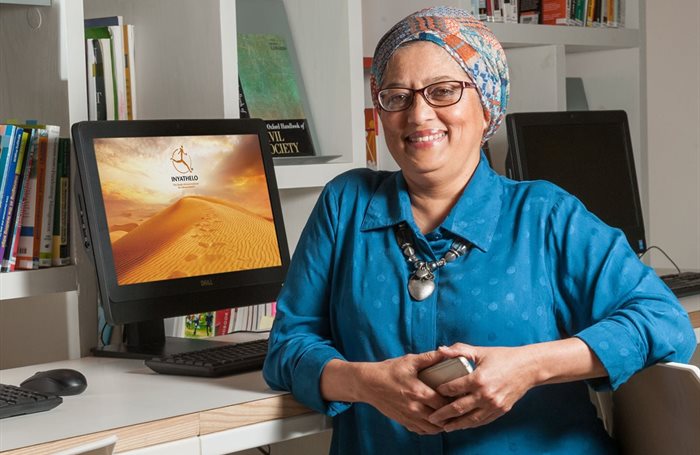
Related
Top stories






More news


Marketing & Media
Ads are coming to AI. Does that really have to be such a bad thing?














A survey of over 1,039 civil society organisations in 46 countries in June and July last year, the impact of Covid-19 on African Civil Society Organisations, revealed that over two-thirds (68%) had experienced a loss of funding since the start of the pandemic.
Less than a tenth eight percent had received any funding support from a government emergency relief fund in their country. Furthermore, nearly 41% experienced increased demand for their services in 2021 compared to 32% the previous year. The biggest funders of these African organisations are Individual donors, followed by international NPOs and international foundations.
A key aspect of successful fundraising is detailed prospect research activity that helps the NPO to identify potential supporters. This is a crucial message of Inyathelo, an NPO that has worked for 20 years to help other NPOs to become more sustainable in the long term.
Prospects include individuals, companies, government departments, charitable trusts and foundations, according to an Inyathelo publication Identifying potential donors – how can you do research to find supporters? These potential supporters are likely to identify with the values and activities of the NPO, have benefited directly or indirectly from its work or have funded similar causes.
Prospect research involves a great deal more than listing the names of potential supporters. Firstly, one would search for people who are passionate about the specific type of work that an organisation undertakes and the need it meets in a community.
“All staff in the organisation can make connections or referrals, with the aim of identifying and cultivating potential prospects that have a fit with the purpose of the organisation,” says Inyathelo operations director Feryal Domingo.
Many NPOs do not consider asking their own board members for support. They believe that these trustees have already done enough by giving their time and expertise freely. However, board members can set a fitting example by making regular donations. Their actions can motivate others to donate money, office equipment, offer pro bono services such as bookkeeping, legal advice or mentorship.
Inyathelo provides many online publications, other resources related to fundraising and most of them free. The organisation also offers a funding finder service with details of nearly 1,100 South African donors.
According to Domingo, the funding finder allows NPOs to search for South African donors according to their sector (for example education or agriculture) and then to drill down into a sub-sector, such as primary school education or emerging farmers.
“Before you begin the process of asking for financial support, you need to build a relationship with a potential donor, based on trust. It is only when rapport has been achieved that you can discuss funding and what resources you require,” Domingo added.
Ethical management of a database of potential donors is also essential. The information gathered is for the NPO’s use only and must be stored securely. Old documents that are no longer needed, such as financial records from donors and personal information, should be handled in a responsible manner.